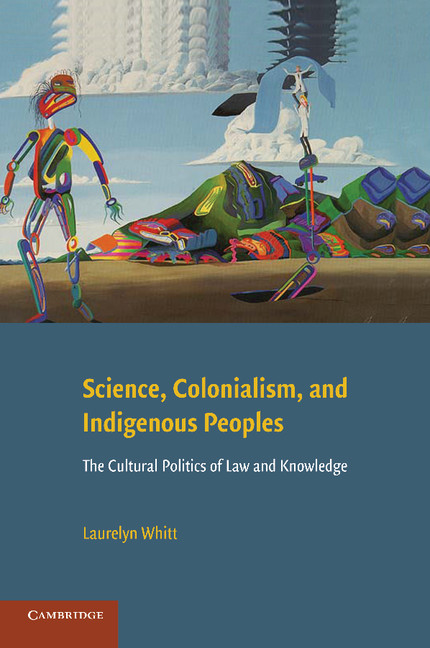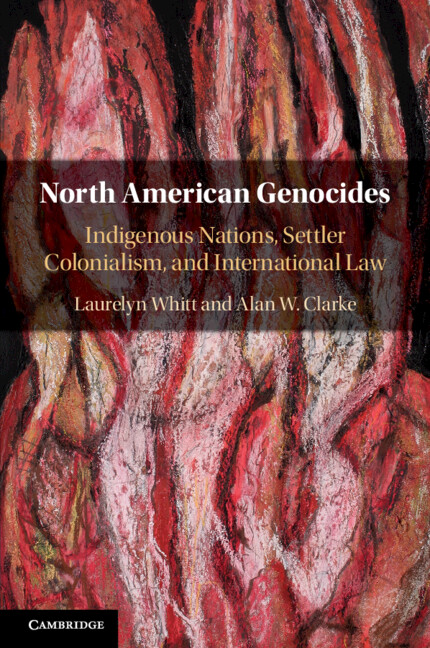Science, Colonialism, and Indigenous Peoples
At the intersection of indigenous studies, science studies, and legal studies lies a tense web of political issues of vital concern for the survival of indigenous nations. Numerous historians of science have documented the vital role of late-eighteenth- and nineteenth-century science as a part of statecraft, a means of extending empire. This book follows imperialism into the present, demonstrating how pursuit of knowledge of the natural world impacts, and is impacted by, indigenous peoples rather than nation-states. In extractive biocolonialism, the valued genetic resources, and associated agricultural and medicinal knowledge, of indigenous peoples are sought, legally converted into private intellectual property, transformed into commodities, and then placed for sale in genetic marketplaces. Science, Colonialism, and Indigenous Peoples critically examines these developments, demonstrating how contemporary relations between indigenous and Western knowledge systems continue to be shaped by the dynamics of power, the politics of property, and the apologetics of law.
- Engages three interdisciplinary fields: indigenous studies, science studies, and legal studies
- Interweaves the approach and concerns of indigenism together with the focus of both critical legal studies and critical science studies
- Contextualizes legal, science, and indigenous theory in practice
Product details
November 2009Adobe eBook Reader
9780511601682
0 pages
0kg
This ISBN is for an eBook version which is distributed on our behalf by a third party.
Table of Contents
- Part I. Biocolonialism as Imperial Science:
- 1. Imperialism then and now
- 2. Indigenous knowledge, power and responsibilities
- 3. Value-neutrality and value-bifurcation: the cultural politics of science
- Part II. The Human Genome Diversity Project: A Case Study:
- 4. The rhetoric of research justification
- 5. Indigenist critiques of biocolonialism
- Part III. Legitimation: The Rule and Role of Law:
- 6. The commodification of knowledge
- 7. Intellectual property rights as means and mechanism of imperialism
- 8. Transforming sovereignties
- Conclusions: the politics of knowledge: resistance and recovery.







